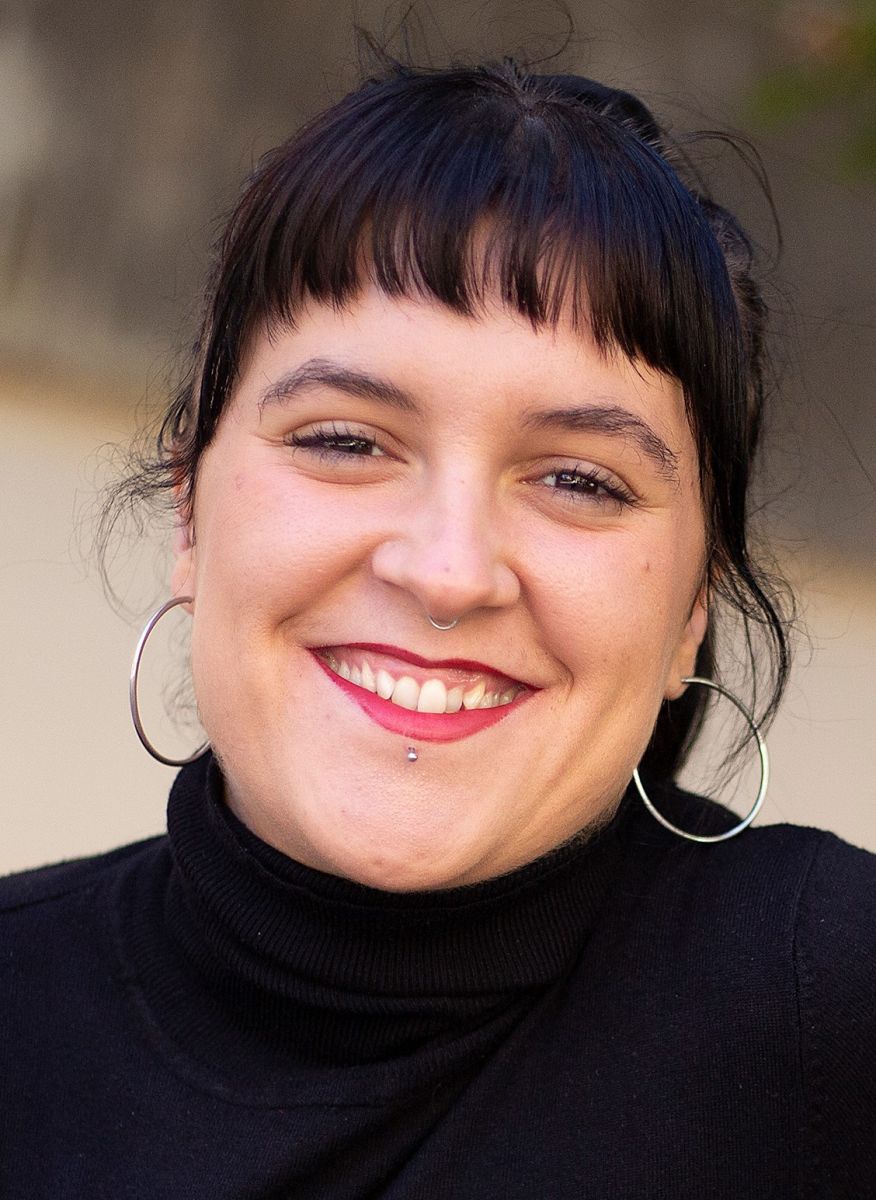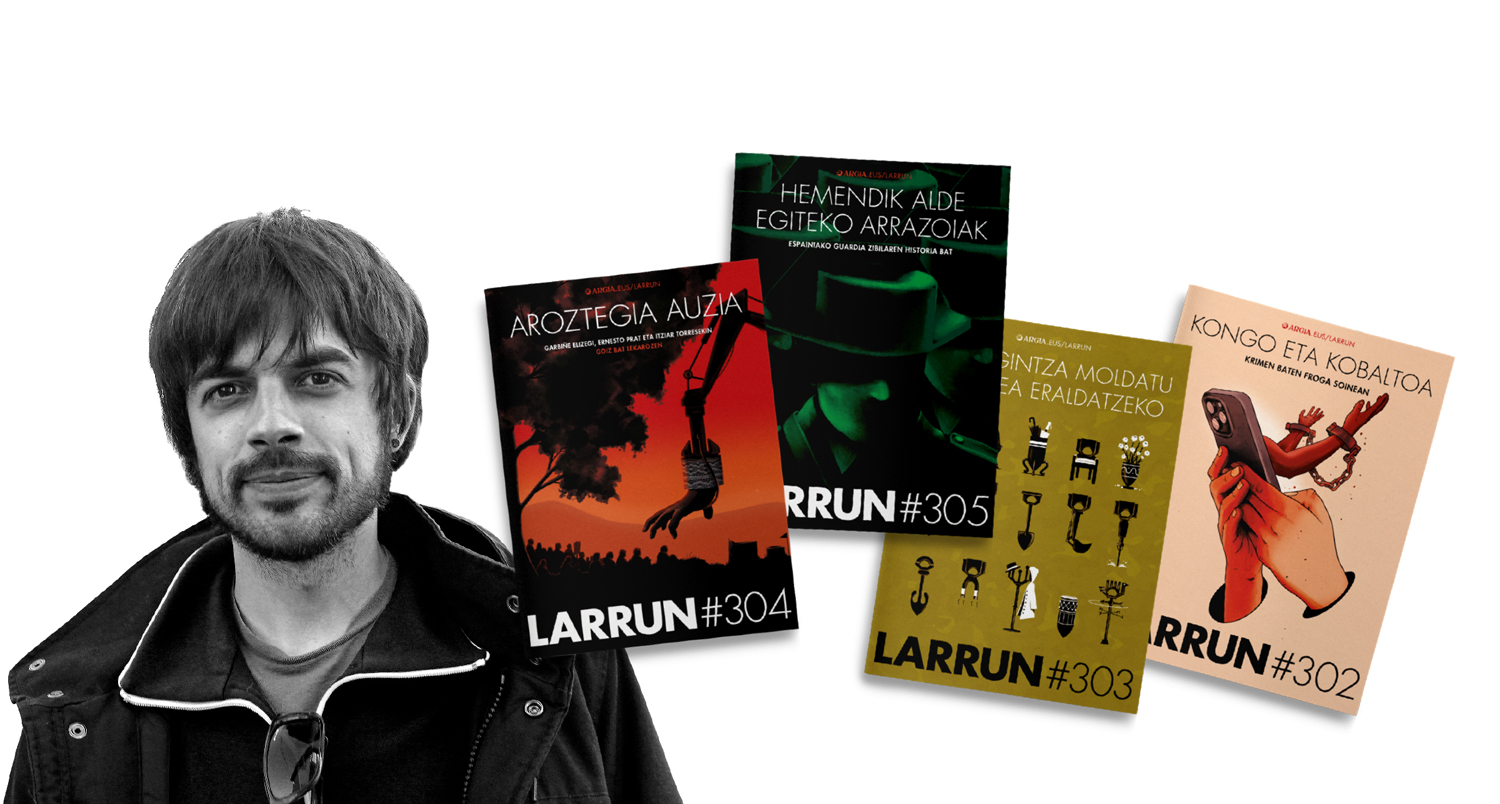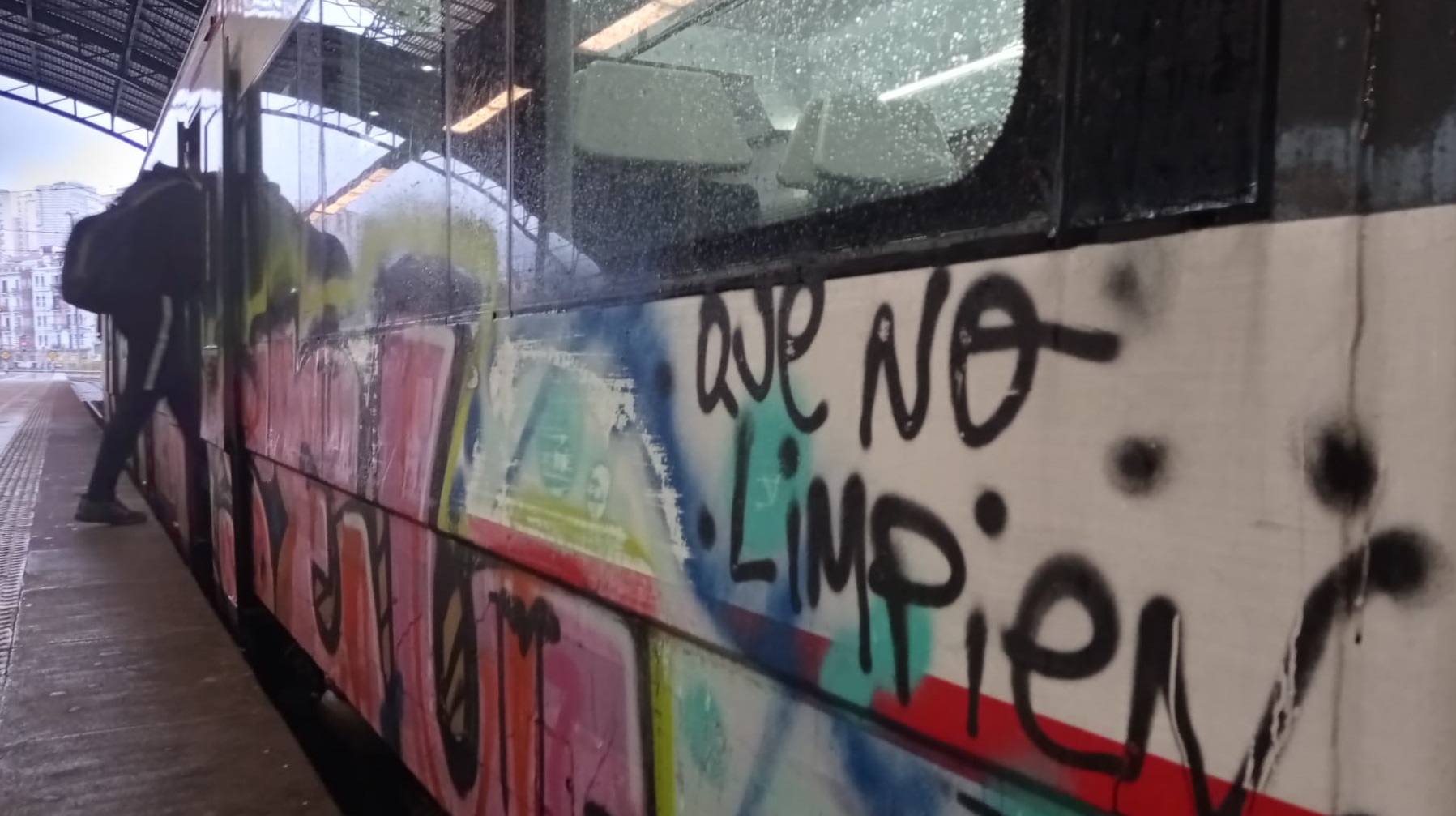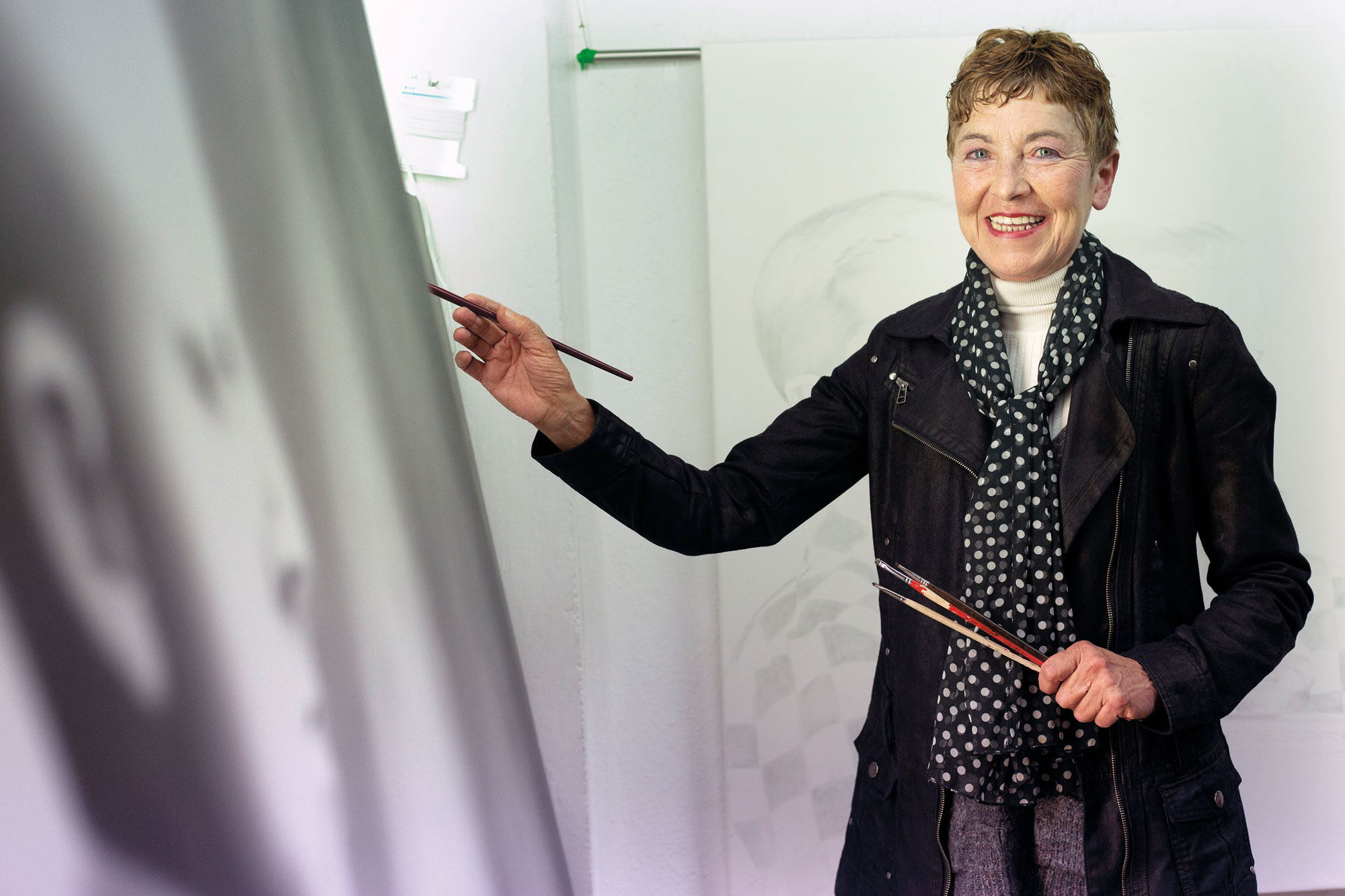"I'd like people to come together to do theater, how they meet to create musical groups."
- In one way or another, Idoia Tapia has always been on the table (Pamplona, 1998). He studied theatre in San Sebastian and studied dramatic art in Bilbao. He is a singer of the Skabidea group and a member of the Sastakai theatre group. With the latter group he has in his hands a play of menstruation, which is not yet named, but which they intend to present at the end of the year in Pamplona.

What do you feel on the board?
I feel an emotion, like it was the first time. When I sing with Skabidean I don't get so nervous, because I'm very comfortable and I have more experience. There's a change in the table, and when I connect it to the public, nervousness becomes happiness.
Do you feel comfortable in both?
Because I'm getting to know more about representation, I feel like a child. Another energy is to sing a learned song or represent it by learning a text. Songs are also played, but the audience of music is not so rigorous with the truth.
Have you changed your view since you're on both sides of the tarima?
Yes, of course. Also, this sometimes doesn't allow me to enjoy because I focus on other things. Even though I get into history, I look at the representation or I see that the microphone has fallen and is distressed. I realize more because it also happens to me. I feel like I'm not in the place of what's in the audience, nor in the place of what's on the board; I'm halfway.
You've created the Sastakai group with Irati Vélez and you're creating a play about the rule. To do so, they have opened a survey, what kind of answers have they received?
It has been terrible because we have received many very different answers. That was what we wanted to reflect: that there are thousands of ways of living the rule. Plus, getting so many answers means people want to talk about it.
Why is punk theater? 
We're not very clear about the concept [laughing]. Irati and I are very punkis: we want to do things, but fine. When we talk to classmates, we say we'd like to bring people together to do theater, how it meets to create musical groups. Four 15-year-olds who touch it very badly, but who have a great time playing in cheese shops. It's true that it's another audience, but it's interesting to bring that essence to the theater. We do theater from humor, with very scarce resources, and seasoning the wound without closing. These concepts come into punk.
They received a grant and gave them space to perform and submit the tests.
The amount of the Eztena festival was very simple, but we didn't need much. Many times we don't create because we lack those spaces in the theater world. However, there are more and more spaces. The teachers tell us that a few decades ago they were rehearsing in bars, but it is no longer done. If we lack these spaces, where will we do it?
How much does your art of activism have? And how much does his art activism have?
Since I am young, Basque, Navarro and a woman, I am going to stage these things. Only demands are coming outward, and I move militancy inwards to help others. For example, because I want you to help me with the performance of Sancho el Fuerte, because it is vascophilous and folkloric, and as it is in Pamplona I have to be there. So my art has activism and my activism art.
How do you see the situation of women on the stage?
We're getting more and more women up, but when we get on the board, it's more responsible. As we normally do what men do, we are in the spotlight. They want to see if we get to the height of these men. We have to go up and defend that we do it right. Why can't we do wrong or wrong?
The Skabidean musical group consists mainly of men, do you feel the need to reclaim your space?
Sometimes I'd like Lorena [Aisa] and I weren't singers, because normally women are singers on stage. I feel like we're more focused because we're the face of the team. I'd like to touch the battery or the keyboard. However, I think there are eight boys and two girls who really underline that we are there.
What's behind it?
The image is a singer in the formation of a musical group, very related to the objectification and sexualization of our bodies. Normally those who take the tools in every way are men. You see a girl playing drums and taking away femininity and being a singer no.
You want to create it in Basque and Basque. Do you think people tend to go outside?
Yes, it mostly goes to Madrid, but here too there are places to study. I want to work here and know what the Basque theatre is. I want to meet people who are in the Basque theatre, and if I leave, I will lose that. I want to push and expand what is here.
Always learning
“The circus opened the clown slice and the circus taught me what it is to stand in front of an audience for the first time.” Since then it has been dedicated to the art world. He is now a musician and actor, and he always wants to learn: “I would like to learn the bass, at home I have heard a lot because my father plays the bass. I’ve even come to hate by so much listening, but lately I pay attention.”
Eskultura grekoerromatarrek bere garaian zuten itxurak ez du zerikusirik gaurkoarekin. Erabilitako materiala ez zuten bistan uzten. Orain badakigu kolore biziz margotzen zituztela eta jantziak eta apaingarriak ere eransten zizkietela. Bada, Cecilie Brøns Harvard... [+]
Behin batean, gazterik, gidoi nagusia betetzea egokitu zitzaion. Elbira Zipitriaren ikasle izanak, ikastolen mugimendu berriarekin bat egin zuen. Irakasle izan zen artisau baino lehen. Gero, eskulturgile. Egun, musika jotzen du, bere gogoz eta bere buruarentzat. Eta beti, eta 35... [+]
This text comes two years later, but the calamities of drunks are like this. A surprising surprise happened in San Fermín Txikito: I met Maite Ciganda Azcarate, an art restorer and friend of a friend. That night he told me that he had been arranging two figures that could be... [+]
On Monday afternoon, I had already planned two documentaries carried out in the Basque Country. I am not particularly fond of documentaries, but Zinemaldia is often a good opportunity to set aside habits and traditions. I decided on the Pello Gutierrez Peñalba Replica a week... [+]
























